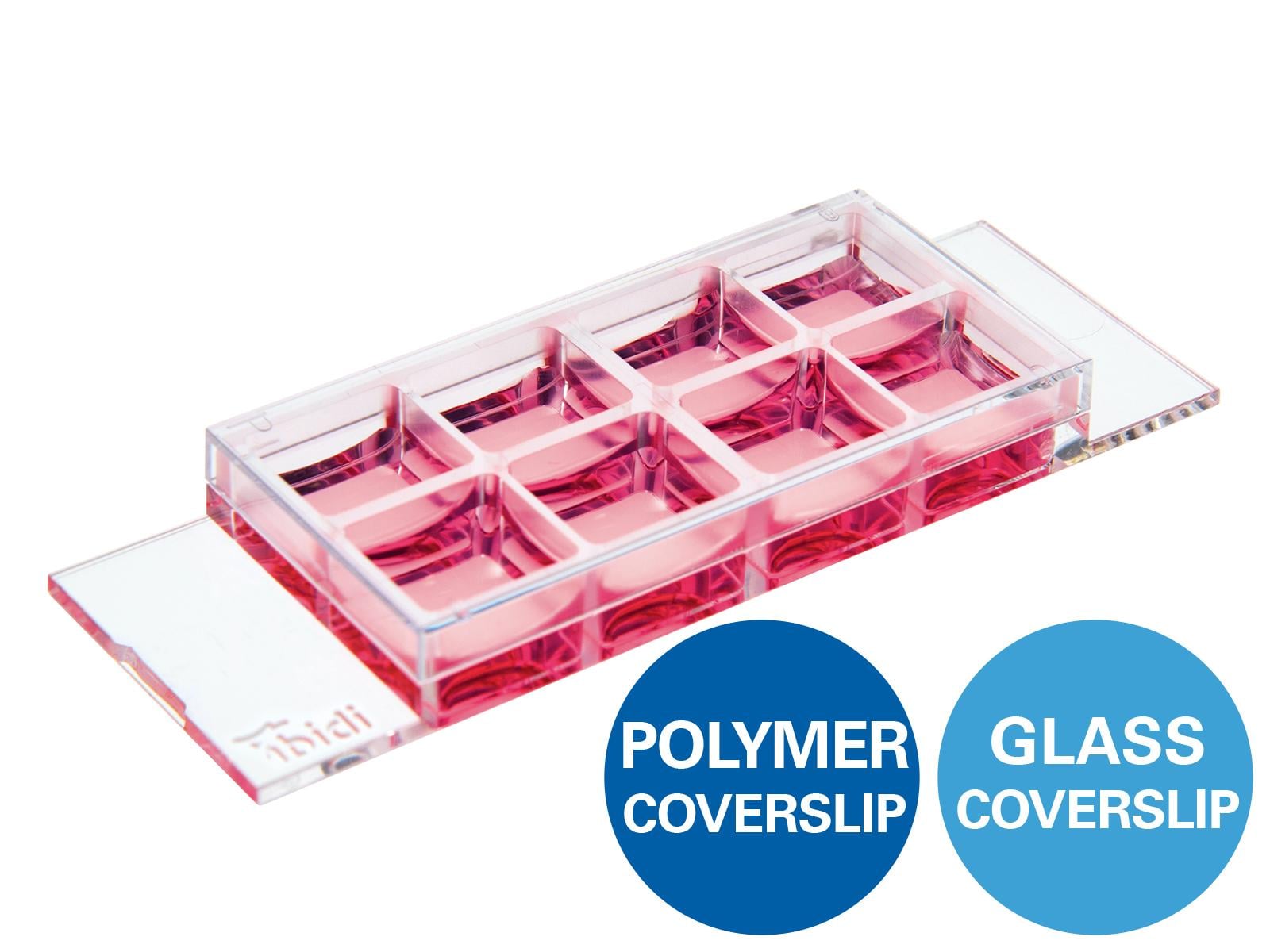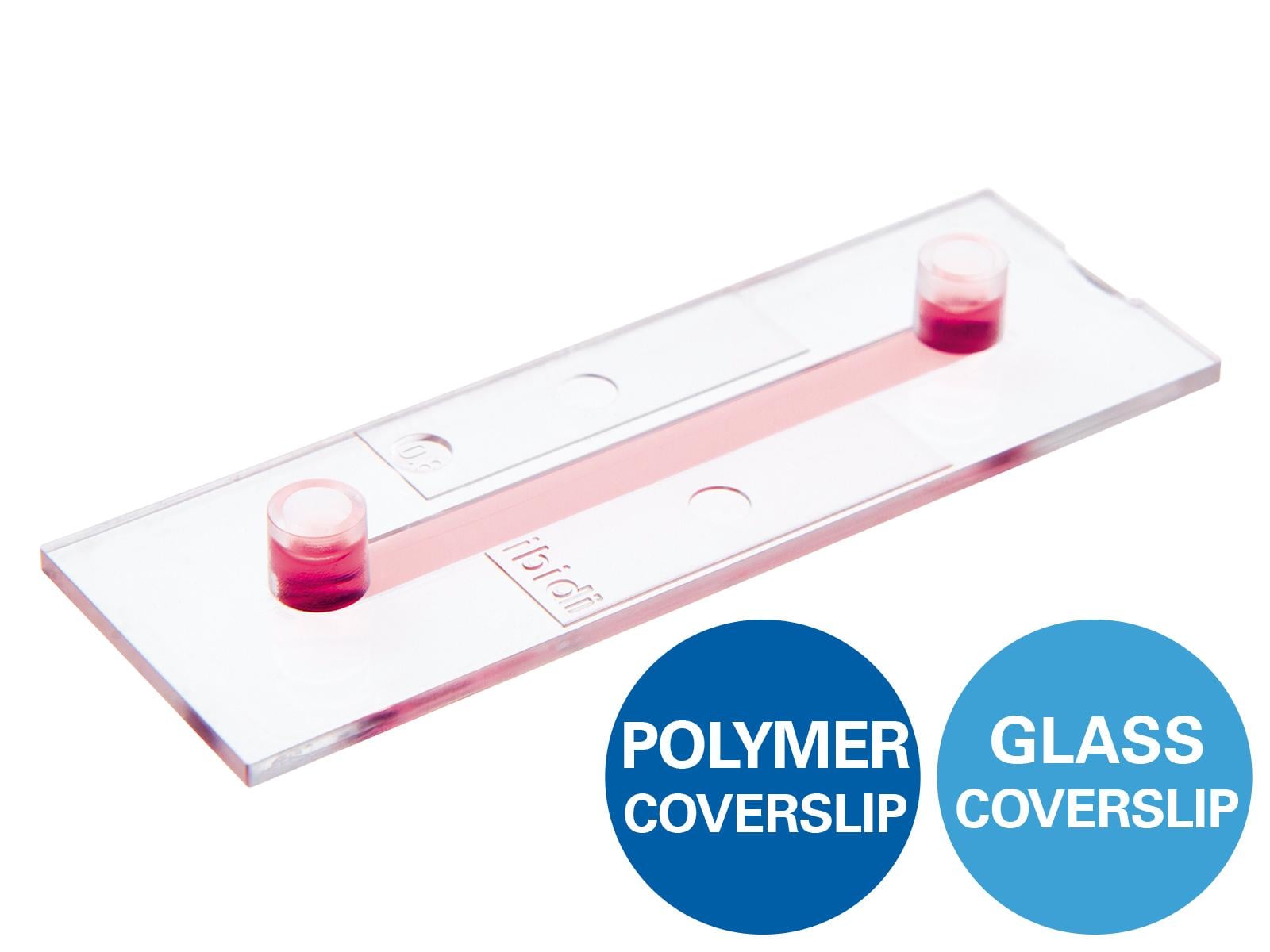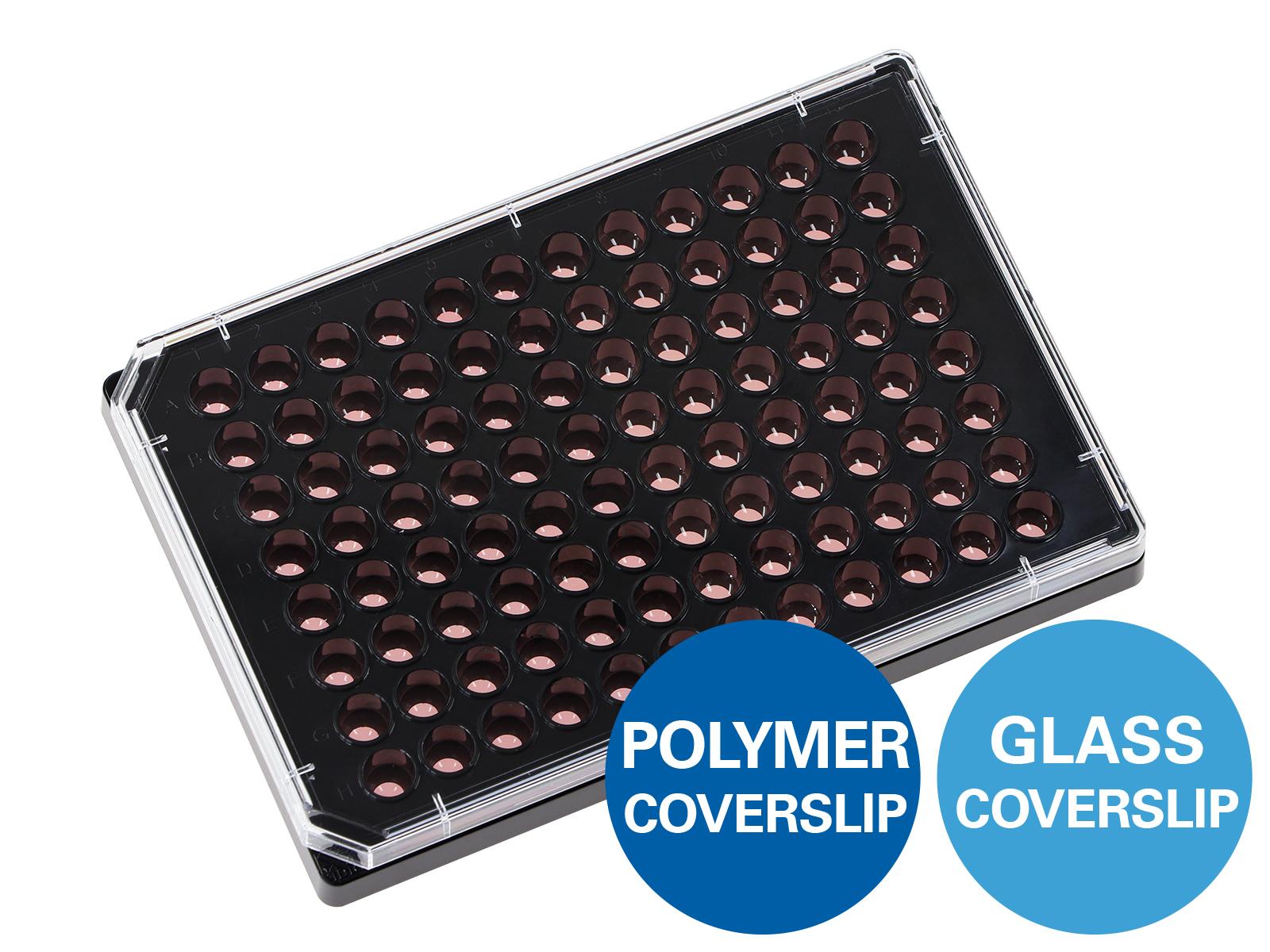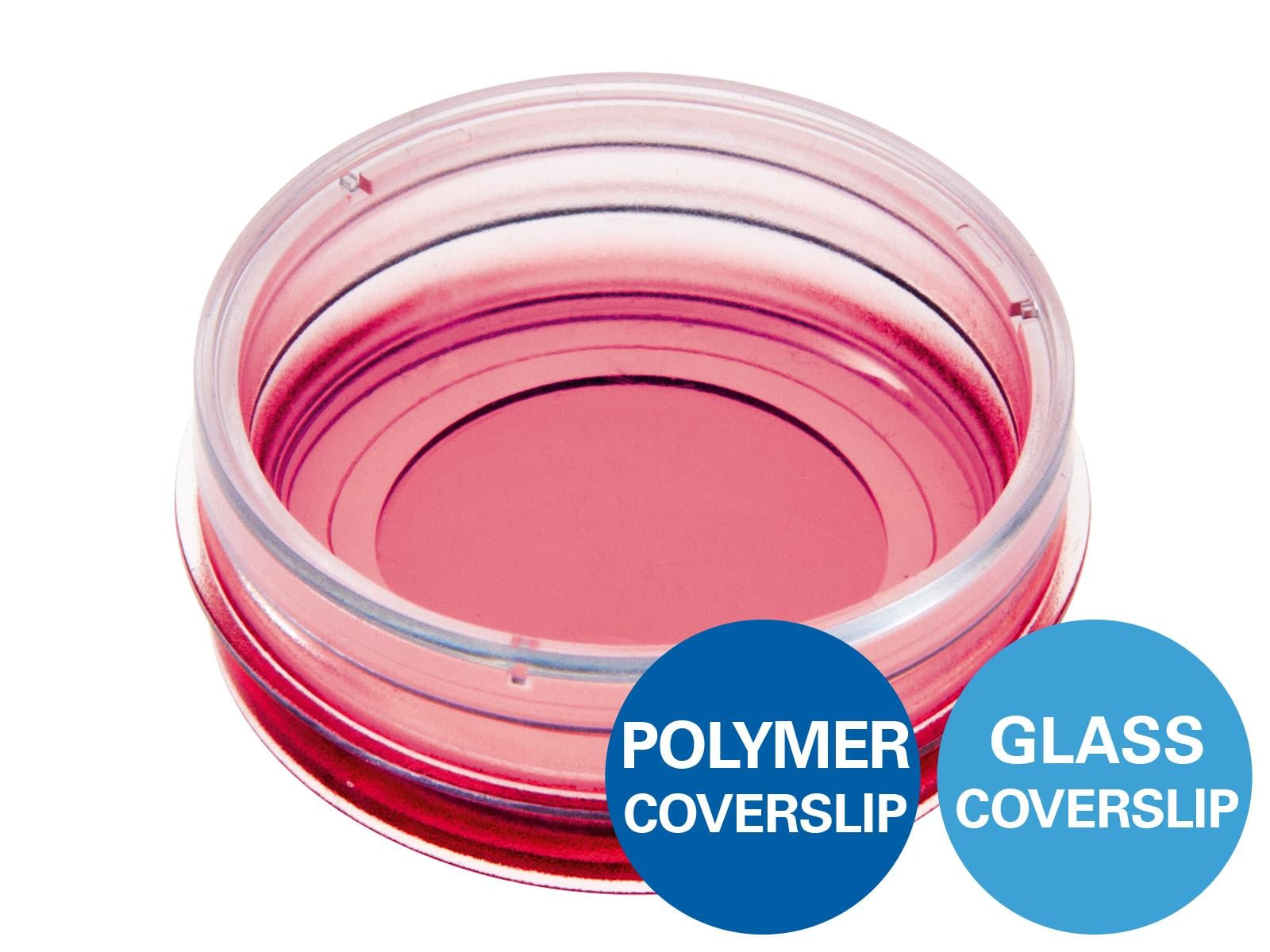Interview with Raúl Peña, PhD: Scientist and Influencer
ibidi Blog | August 11, 2023 | Tina Freisinger, ibidi GmbH
We sat down with Raúl Peña for an interview to unravel his journey from lab to social media fame. We talked about his motivations, insights, and tips for seamlessly blending science and digital influence.
Tell us about yourself. What is your current job position? What is your research about?
Raúl: I’m lab manager and postdoc at the Hospital del Mar Research Institute, in Barcelona, Spain. My lab does basic research on cancer biology—specifically the role of tumor microenvironment during disease progress and metastasis. My current project is focused on the role of blood endothelial cells in Kaposi’s sarcoma, a very special soft tissue cancer that is caused by a viral infection of the endothelial cells in the skin.
How did you get interested in science, and what made you choose a career in an academic research lab?
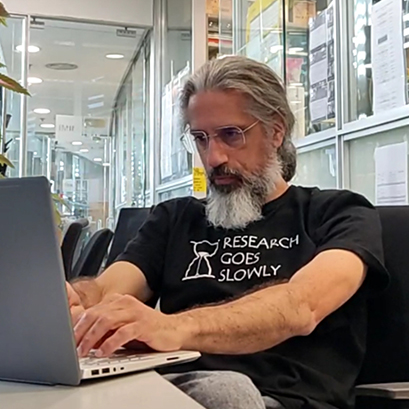
Raúl: I’ve loved research since childhood. I’ve loved genetics and how the human body and diseases are controlled by our genes. I’ve always dreamt about working in a research laboratory ... so here I am!
Your Instagram account, @research_goes_slowly, is very successful among scientists and is rapidly growing followers. What motivated you to start sharing your lab life on social media?
Raúl: I started sharing posts, basically just images, about the research we did in the lab: experiments, group pictures, fails, aesthetical colors, etc. My motivation was to share this “secret world” with the world. Then, at some point, I started to share jokes and dramatize funny research related situations in the laboratory environment, and the audience enjoyed this concept.
On your feed, you post short videos of your life in the lab and science memes. How do you come up with the ideas and make them interesting to your followers?
Raúl: Actually, my ideas come from daily work. I’m not so original; just dramatize my lab life. It’s a shared life with many other researchers and students in love with research worldwide. They recognize themselves when watching my feed.
Building a successful presence on Instagram requires consistency and a strong personal brand. How did you develop your unique brand identity, and how do you maintain a consistent theme for your content?
Raul: I’d say visual consistency is a key component of successful Instagram accounts. Moreover, a consistent theme and regular posting is important for continuous growth. Maintaining a consistent theme over a long time is difficult, because it means you “can’t” innovate without a risk of lowering the engagement. My recipe is simple: lab environment videos, lab coat, two phrases in which the second is a little bit surprising, and adjusting the video length to the music changes. In the beginning, you also need some luck to start the growth, but when it happens you need to be prepared to do what works in your feed, and then maintain it for a long time.
Engaging with your audience is crucial on social media. How do you foster meaningful interactions with your followers? How do you handle comments, questions, and feedback from your audience?

Kaposi sarcoma tumors stained with antibodies to fibronectin 1 (green), alpha SMA (red) and collagen (yellow) in a Leica SP8 confocal microscope.
Raúl: It is very important to understand that social media is about interacting with people. Everybody, me included, loves it when a “famous” person contacts you, replies to you, and sends you stickers or just a “thanks” by DM. I truly try to reply to every comment and every DM. It’s time consuming, but it is worth it in the sense of engagement and in the sense of connecting with highly interesting people worldwide. People ask me for career advice, research suggestions, protocol optimization, or even for life advice (!!). It would be so unkind from my side not to reply to those questions.
Instagram is constantly evolving, with new features and trends emerging regularly. How do you stay up-to-date with these changes, and how do you adapt your content and strategy to keep your audience engaged?
Raúl: It’s hard work to keep up with all those updates … always adapting to those changes means you lose part of your consistency, so you need to balance the way you adapt to them. In my case, I have always tried to use trendy music in my videos, so this part is not a problem for me. Changes in the feed need to be implemented one by one, and carefully evaluated after some time. Moreover, some changes—especially those related to the global reach of any post—can’t be predicted or overcome. There’s a concept in economy called “economic decline” that should be accepted in social media. Basically, the idea of that is that you will not always keep growing. You need to be comfortable with the idea of putting in the same work as before, but getting lower engagement. After some time, another “economic” cycle will start and maybe you will grow again (assuming that growth is necessary).
Collaboration and networking can be valuable for growth on Instagram. Have you collaborated with other influencers or brands in your field? How do you approach collaborations, and what benefits have you gained from these partnerships?
Raúl: As a researcher, I’ve always loved to collaborate. It’s an efficient way to create better science. In social media, I’ve tried to do the same. Collaborating with other creators brings you friends, ideas, information on Instagram rules, funny moments, reach, engagement, etc.
Collaborating with brands brings you into another more tangible world. I’ve always loved marketing, so thinking about how to promote a product or service in a beneficial way for the brand (and for the audience) is a good challenge for me.
Science communication is vital for inspiring the next generation of scientists. Do you have any advice for aspiring science communicators who want to make an impact through social media?

Image provided by @my.lab_diary
Raúl: Complex question … my recommendation: be ready to fail with what you would love to do on social media and be ready to succeed with what your audience expects from you. Success in social media is not about what you love to do, but what the audience wants. For those “obsessed” with becoming an “influencer-to-be,” I have some final advice: think about if you would be happy consistently not doing what you want, but what your audience loves. Will I be happy doing research jokes in my feed? Will I not get tired of it? Will I not get bored with it? Of course, I am totally free to decide on the content of my feed, but maybe to be successful I have to show the content the audience wants to see.
Many of your followers are undergrads or postgrad students—do you see yourself as a mentor to them?
Raúl: Not really ... but they do ... I mean, I just dramatize my life in a funny way. I am surprised many times when my audience tells me I encourage them to do research; that I’m an inspiration to them. I can’t fully understand it, but guys, I’m so grateful about it.
Lastly, what do you enjoy most about being an Instagrammer and science communicator?
Raúl: People!! Meeting new people, funny people who send me memes, ideas, their thoughts, their worries, etc. I’m extremely happy when people approach me in the streets and say, “Hey, are you that Raúl, from the Instagram account?”
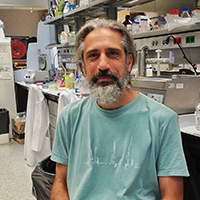
Raúl Peña PhD, IMIM, Barcelona, Spain
Raúl received his bachelor’s degree in biology in 2000 and his PhD in 2004 at the Basque Country University. Currently, he's the senior lab manager at Antonio García de Herreros’ lab located at the Hospital del Mar Research Institute since 2007. His research group studies the role of Snail1, EMT, and the tumor microenvironment in cancer development. Recently, the group started to focus on vascular tumors as a new model to study endothelial tumor biology.
However, Raúl's captivating journey extends far beyond the laboratory. Behind the name @Research_Goes_Slowly, he has transformed into a digital influencer, amassing over 150K followers on Instagram. He normalizes research and the lab life of PhD students while having fun with it. Raúl's reels are nothing short of genius – highly relatable and downright hilarious. His content, far from being mere comedic sketches, showcases his genuine passion for science. It effectively bridges the gap between education and entertainment in a manner that resonates with a diverse audience.
So, if you're looking to infuse a little laughter into your scientific curiosity, look no further than Raúl's Instagram profile. Through his reels, he proves that while research may go slowly, the path of scientific research can still be an entertaining adventure.
 (10)
(10)  (0)
(0)
